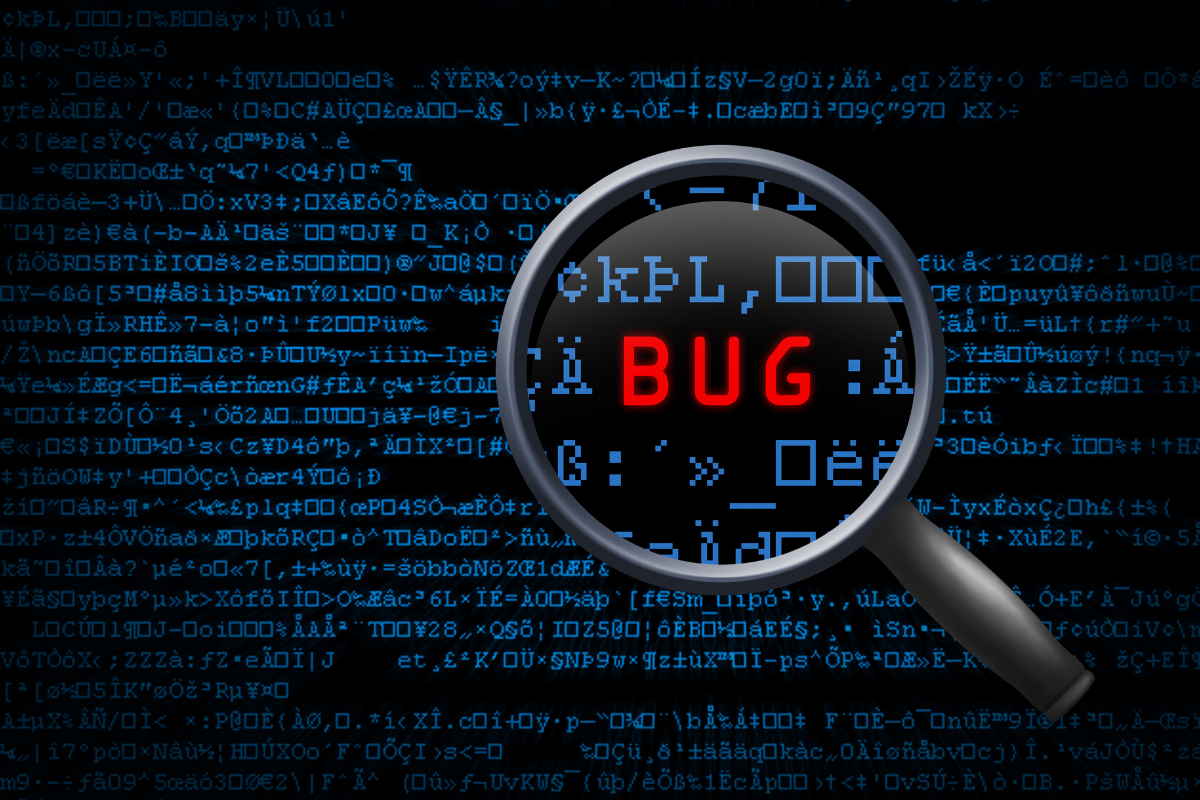Software Engineers: Shaping the Future of Technology

Ainul Fatihah
October 30, 2025
Software engineering is a dynamic and ever-evolving field, offering numerous career opportunities for those who enjoy logic, problem-solving, and creativity. With high demand and a broad skill set, becoming a software engineer or full-stack developer means mastering a variety of programming languages and frameworks while adapting to industry changes like AI. Despite AI's advancements, human skills like troubleshooting and creativity remain crucial for success.
Versatility of Software Engineers: Software engineers can specialise in different areas like front-end, back-end, or full-stack development, with opportunities across various industries.
Importance of Soft Skills: Along with technical expertise, soft skills such as communication, teamwork, and problem-solving are vital to thrive in the field.
AI as a Tool, Not a Replacement: While AI assists in automating tasks like code generation, human creativity, problem-solving, and troubleshooting remain essential in software engineering.
Have you ever imagined life without the latest technology? No mobile apps to order food, no online banking to pay bills instantly, and worst, no social media.

Thanks to software engineers and full-stack developers, all of this is now at our fingertips. They build, maintain, and improve the apps and platforms that make life faster, easier, and more convenient. From e-commerce and social media to productivity tools, their work combines problem-solving, creativity and user-focused design so we can focus on what really matters.
Now, let’s take a closer look at what it’s like to build a career in software engineering and what it takes to thrive in this fast-moving field.
Why Software Engineering is a Top Career Choice
Software engineering is attractive not only for its high demand but also for career flexibility. Developers can specialise in front-end development, back-end systems, mobile app creation, or work as full-stack developers handling both ends. Some work for large corporations, while others join startups or even launch their own tech ventures.
The best part? Almost all industries nowadays need software engineers. "There’s no endpoint in the software engineering industry. There’s never just one way to solve a problem, but a thousand different ways to make something better," says Muhammad Amiruddin Bin Azizan, a software engineer at Telecom Malaysia Research & Development.
“My mom is the biggest influence. I was fascinated by how her ideas could come to life through tech, and that really sparked my curiosity,” Amiruddin adds.
Full-stack developers, in particular, are highly valued because they can see a project through from start to finish. They understand both the user-facing side of applications (the front-end) and the server-side processes (the back-end), which makes them versatile and highly employable.
The Day-to-Day Reality
Many people think software engineers just “write code all day,” but the reality is far more dynamic. A typical day can include:
- Collaborating with designers, product managers and clients to create new features.
- Writing and testing code to ensure functionality works as intended.
- Debugging and troubleshooting problems reported by users.
- Planning and implementing software updates and improvements.
- Participating in team meetings to align on project goals and timelines.
Amiruddin shared his routine as a software engineer, "A big part of the job is actually reading, debugging and improving existing code."

As for Muhammad Danial Bin Rose Man, a junior full-stack developer at a performance digital agency in Cyberjaya, he often has to handle sudden changes requested by clients. “You need to be agile and flexible to adapt quickly and deliver results. The client can always change their mind even during the mid-process of the project.”
To become a good software engineer, you need to polish more than just your technical skills. Soft skills like teamwork, problem-solving and clear communication are just as essential as technical ability.
The Languages and Technical Skills of a Software Engineer
Just like how people use English or Malay to communicate, developers use programming languages to communicate with computers and tell them what to do. For Amiruddin, every software engineer has their own set of “languages” that shape how they build and solve problems.
“Currently, my go-to languages are Angular for frontend and Java for backend. Many job applications use these languages. Especially Java,” he explained. He believes mastering Java gives developers a strong advantage because once you understand its core, learning its many frameworks becomes much easier.
In his view, programming isn’t just about writing code, it’s about learning the patterns, logic and discipline behind each language so you can adapt to whatever tools the industry evolves into next. He mentioned that learning different frameworks is essential as well.
A framework is a ready-made structure or toolkit that helps developers build software faster and more efficiently.
Think of programming like building a house:
- A programming language is the raw material, like bricks and cement.
- A framework is the pre-built structure or blueprint that tells you where the walls, doors, and windows go.
In software development, a framework provides pre-written code, rules, and tools so you don’t have to start from scratch every time. It helps you focus on your app’s unique features instead of redoing basic functions like login systems, databases, or layouts.
“Nowadays, core languages are already well developed,” Danial explains. “A good understanding of the core is essential, then it’s up to you to explore the frameworks that matter.” Danial suggests referring to the tech giants when exploring the various frameworks. “Explore and see what’s happening, and adapt those insights for your team.”
The Role of AI in Software Engineering
With AI becoming more capable, some wonder if software engineering will remain relevant. The answer is yes, but the role is evolving. AI can assist with repetitive coding tasks, debugging, or generating boilerplate code, allowing developers to focus on creative problem-solving, design, and system optimisation.
When it comes to AI, Danial sees it as both a powerful tool and a responsibility. “AI definitely helps in cutting down the time to produce an app,” he said. “But human intervention and troubleshooting skills are still needed, especially when handling sensitive data or security keys.”
Amiruddin shares a similar view, seeing AI not as a replacement but as a catalyst for innovation. “I believe AI has the power to propel the tech industry forward by leaps and bounds.” As someone deeply passionate about technology, he’s fascinated by its limitless potential and how it can transform the way people live and work.
“AI is more than just a tool for automation, it’s a gateway to new possibilities that will redefine how developers create, learn and solve problems in the years ahead,” he adds.
Why You Should Consider This Career
Software engineering is ideal for anyone who enjoys logic, problem-solving and creativity. The career is dynamic, well-paid, and in high demand, with opportunities to work locally or internationally. Full stack development, in particular, offers a broad skill set that makes you adaptable to almost any project or industry.
If you’re wondering how to become a software engineer or full stack developer, you can explore the pathway here.



